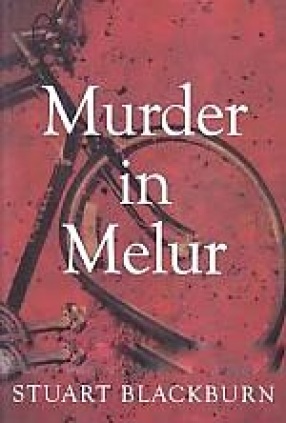
Showing all 6 books


Velan saw the shape of a man in the dark, but not the machete gripped in his hand…
Set in a small town in South India in the early 1970s, Murder in Melur is the story of Vijayan, a confused idealist who is buffeted by the politics of the period-the Rationalist, Dravidian and Communist movements in the Tamil country as well as the incipient civil war in Sri Lanka. His idealism, however, is frustrated not only by social convention and injustice but also by ...
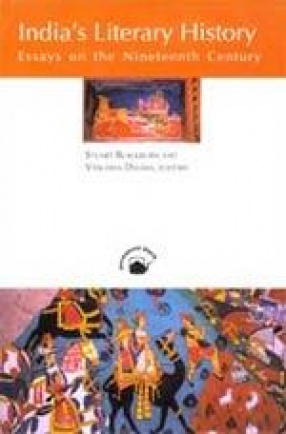
The recent convergence of literary and historical theory has made literary history one of the most exciting fields in the humanities. New frameworks for understanding literature and its relation to history have emerged. The cultural conditions of creating texts as well as the textual production of cultural meaning are now important aspects of literary history. This book, the first major reassessment of literary history in nineteenth-century India for a ...
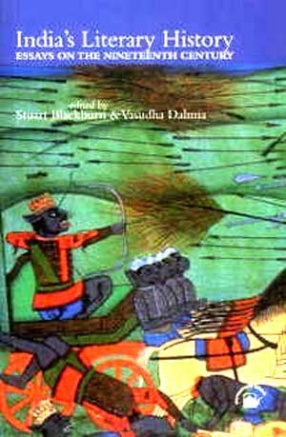
This book, the first major reassessment of literary history in nineteenth-century India for a generation, opens up this emerging field of literary history to nineteenth-century India. Its essays emphasise the making of literary history, the process of canonisation, the reinvention of literary tradition, and the writing of literary history itself.A central premise of the book is that when European literary cultures arrived in India, they came into contact with ...
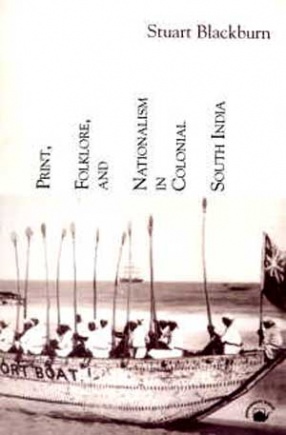
Shifting emphasis from the effects to the uses of print, this book examines the intersection of printing and folklore in the context of colonial south India. It provides a history of printed books in Tamil and argues that printing must be examined alongside a set of literary practices that were largely set in train by the encounter with Europeans and European languages. The author examines the beginnings of the press in this country in this study ranging over ...
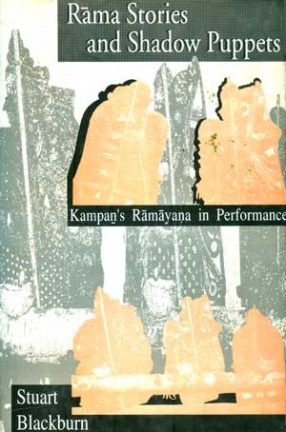
In this first book-length study of shadow puppet performance in India – and the first to analyze a folk performance of the Ramayana story in South India – Stuart Blackburn takes the reader behind the scenes to observe the puppeteers of Kerala performing their own unique version of this enduring epic. Blackburn describes the skill and physical stamina of the puppeteers as they perform all night for as many as ten weeks during the festival season. That ...
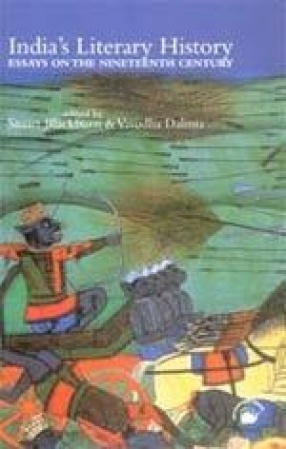
The convergence of literary and historical theory has made literary history one of the most exciting fields in the humanities. This book, the first major reassessment of literary history in nineteenth-century India in a long time, comprises essays which analyse the making of literary history, the process of canonization, the reinvention of literary tradition, and the writing of literary history. A central premise fo the book is that when European literary ...
